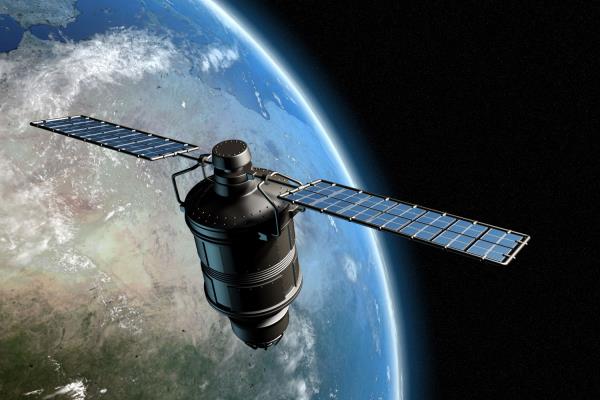21 July 2025

The Lesotho Communications Authority (LCA) awarded Starlink a ten-year operating license in April 2025, following a regulatory overhaul that recognised the potential of low Earth orbit satellite technology. This policy change, formalised earlier that year, paved the way for Starlink Lesotho (Pty) Ltd to begin offering commercial internet services to households and businesses across the country. The initiative is seen as a major step toward fostering a more digitally inclusive future for Lesotho, especially in rural areas where traditional connectivity has long been lacking.
Starlink’s hardware costs $410.80, with a monthly subscription fee of $52.70. To improve affordability and expand access, the company also offers a Minikit option priced at $210.95, targeting lower-income users and communities that need connectivity solutions.
However, the arrival of Starlink has sparked debate within the local telecommunications sector. Mohale Ralebitso, managing director of Vodacom Lesotho, expressed concerns over the lack of local ownership, criticising the foreign entrant for not establishing local equity before launching. Ralebitso urged regulators to enforce policies requiring local participation, emphasising that a shareholding component would foster job creation, tax contributions, and economic dividends — benefits that terrestrial providers have traditionally contributed to the local economy.
Civil society voices similar worries, cautioning that unrestricted foreign entry could hinder domestic telecom investments and limit opportunities for local companies. These tensions echo wider regional challenges, notably in South Africa, where Starlink’s expansion has been delayed due to laws mandating 30% black ownership in telecommunications firms. To address these requirements, Starlink has proposed a $27.9 million investment in educational infrastructure through an Equity Equivalent Investment Program, though this proposal is still under review.
Despite ongoing debates, the launch of Starlink in Lesotho is widely viewed as a positive development for digital inclusion. The government has committed to closely monitoring the service’s performance to ensure it supports national development goals.
“Our mission is to ensure that every Mosotho, from urban centres to mountain villages, can access the tools of the digital age. Starlink is helping us turn that vision into reality,” said Mamathe Makhetha, spokesperson for the LCA.







